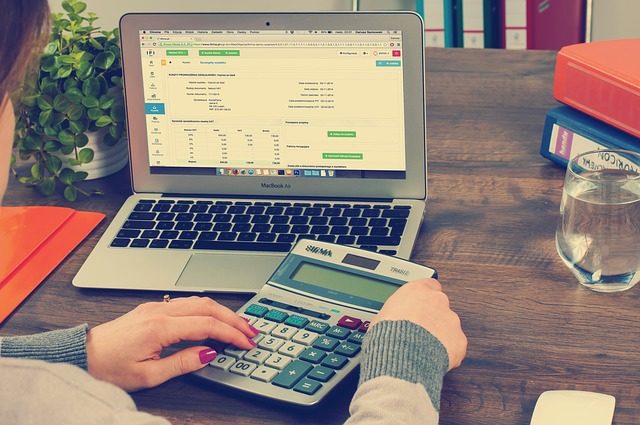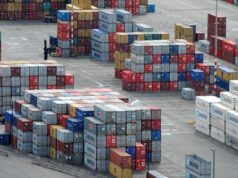New rates for several Philippine commodities including fuel, tobacco and alcoholic beverages covered under the second tranche of the Tax Reform for Acceleration and Inclusion (TRAIN) Law and Sin Tax Reform Law, are now being implemented under the Bureau of Customs (BOC) electronic-to-mobile (E2M) system starting Jan 4, 2019.
As instructed by Customs Commissioner Rey Leonardo Guerrero, BOC Management Information System and Technology Group deputy commissioner Jeffrey Ian Dy issued a memo informing district collectors and other customs officials about the new rates adopted in e2m.
Under the second tranche of Republic Act (RA) No. 10963, or the TRAIN Law, excise tax for mineral fuels and mineral products or all domestic and imported coal and petroleum coke is P100 per metric ton. The law took effect January 1, 2019.
For refined and manufactured mineral oils and motor fuels, the rate of P9 is applied to lubricating oils and greases, including basestock for lube oils and greases, high vacuum distillates, aromatic extracts and other similar preparations, and additives for lubricating oils and greases, whether such additives are petroleum based or not, per liter and kilogram (kg), respectively, of volume capacity or weight.
The same rate of P9 is applied to locally produced or imported oils previously taxed but subsequently reprocessed, refined, recycled, per liter and kilogram of volume capacity or weight; processed gas, per liter of volume capacity; waxes and petroleum, per kilogram; and denatured alcohol to be used for motive power, per liter of volume capacity.
Additionally, P9 will also be applied to naptha, regular gasoline, pyrolisis gasoline, and other similar products of distillation, per liter of volume capacity; unleaded premium gasoline, per liter of volume capacity; and asphalts, per kilogram.
Meanwhile, an excise tax of P4.50 is applied to diesel fuel oil, and to similar fuel oils having more or less the same generating power, per liter of volume capacity; liquefied petroleum gas (LPG) used for motive power, per kilogram; bunker fuel oil, and similar oils having more or less the same generating power, per liter of volume capacity; and petroleum coke, per metric ton.
A P2 tax rate is also applied to LPG (for household use) per kilogram and P4.50 for LPG (motive power used in taxis) per kilogram. Meanwhile, LPG used as raw material in producing petrochemical products has zero excise tax.
Excise tax rates on alcohol and tobacco products were increased 4% effective 2018 onwards, or every year thereafter, under RA 10351, or the Sin Tax Reform Law.
With the increased excise tax on oil, Guerrero reminded all oil importers to comply with the new rates and policies in importing oil products.
The customs commissioner also directed district collectors to be on guard against all forms of oil smuggling and closely monitor their borders to prevent possible entry of smuggled oil shipments.









